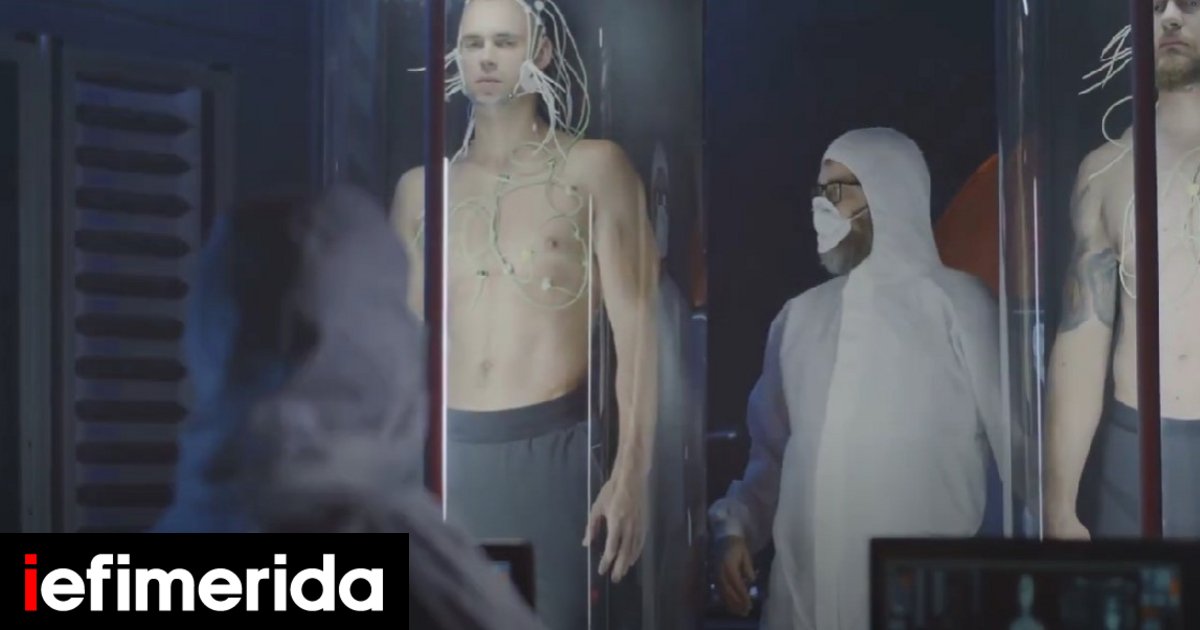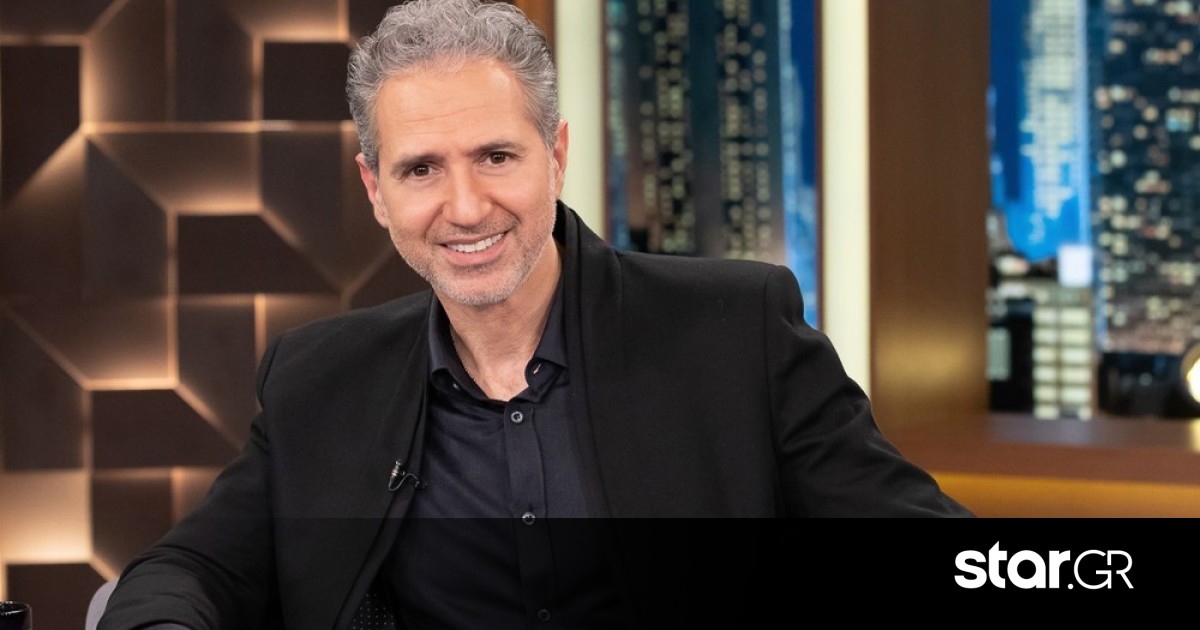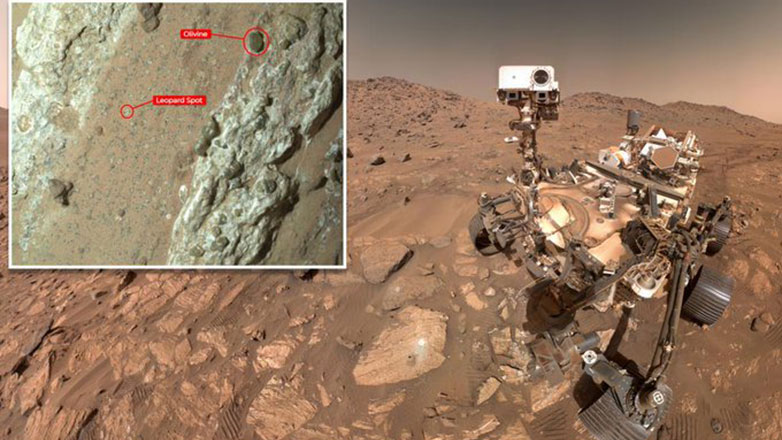
A Greek businessman has set up Australia's first cryogenics facility with the aim of reviving the dead in the future.
Born in Israel to Greek parents, Peter Tsolakidis became interested in cryogenics after reading Robert Ettinger's book The Possibility of Immortality. He founded Southern Cryonics in the late 1960s to try to turn this idea into reality.
His mother was from Syros and his father was from Athens. They lived for a few years in Greece, before moving as a family to Australia in 1955.
When a couple is dying, they decide to enter a cryogenic freezer in the hope of coming back to life
Cryonics involves preserving the legally declared dead at extremely low temperatures for possible future resurrection.
Southern Cryonics says this procedure is the best remaining option when medication can no longer help. “Cryogenic patients are stored at a very low temperature until medical science advances enough that it can treat them, however long it takes, and they can go on with their lives.”
The facility in Holbrook, New South Wales, uses the practice, with the hope that advances in “medical technology and science” will one day “return patients to healthy, youthful bodies.”
Mr. Tsoulakidis has worked in the marketing organization for a major international oil company for over 30 years, including 24 years in overseas assignments including Thailand, Singapore, Japan and the USA. But his goal now is to make refrigeration more accessible and widespread.
He recently told Daily Mail Australia that when he dies, he also plans to freeze his body so he can come back to life one day.
A common criticism of cryogenics is that there is no guarantee that someone will be resurrected in the future, which Tsoulakidis acknowledged. He said: “There are no guarantees in the field of cryogenics. Everyone knows that, especially those who have subscribed to the service.”
“But I would rather have a five percent chance (of revival) than zero percent.”
Speaking to the Greek bi-weekly newspaper, Neos Kosmos, published in Australia, he revealed that 50 people are currently willing to take the risk for a chance at life after death, and that the number is “growing.”
This group consists of 35 “investors” who each contribute $50,000 to $70,000 and 15 “participants” or “clients” who have paid $150,000 through life insurance.
It is possible to freeze people after death, but no one has ever been successfully revived.
Freezing the body is a controversial and untested procedure
Scientists say there are major obstacles to this process, including the fact that freezing damages cells, and we don't know how to repair that damage well enough to bring someone back. In addition, the complex structure of the brain can be particularly vulnerable.
Critics argue that the chances of successfully reviving a cryopreserved person are extremely low, if not impossible, given current understanding of biology and technology. Moreover, the long-term stability of cryopreserved cadavers and the possibility of future resuscitation remain uncertain.
However, its supporters believe that advances in nanotechnology, biotechnology and medical science could make its revival possible one day.
They say that although the science of cryonics is currently speculative, it represents a form of “medical optimism” that has the potential to extend human lifespan and reduce mortality.
Many companies offer cryogenics services. The largest is the Alcor Life Extension Foundation, which claims to have the most advanced technology.
Others include the Cryonics Institute, a non-profit organization that provides cryopreservation to its members, and KrioRus, the first cryonics company in Eurasia, founded in Russia.

“Avid problem solver. Extreme social media junkie. Beer buff. Coffee guru. Internet geek. Travel ninja.”





More Stories
Top 20 Most Played Games in June 2024
Play Age of Mythology: Retold Playtest starting today!
Impressive Maniskin Concert in Greece